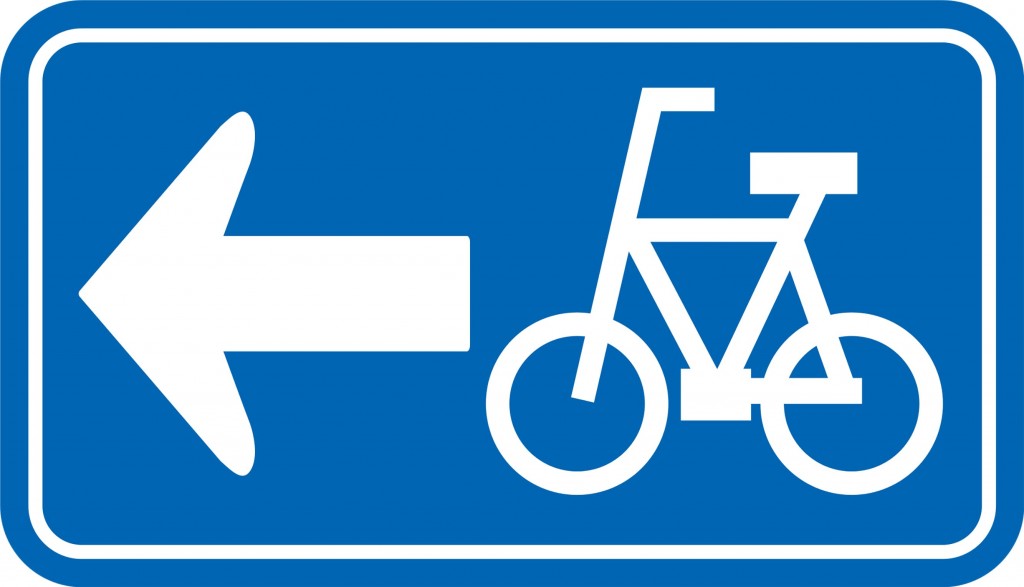With lovely spring weather (finally) gracing our fair state, it might feel like high time to get that rusty bike from the basement and pedal in the sunshine. But, for those of us who stare at College Hill in terror from our bike seats and just can’t bring ourselves to face it on a particularly exhausting day, Providence understands – and is offering a new solution.
The city and the Rhode Island Public Transit Authority (RIPTA) are launching an electric-assist bike share program in June 2018, after studies of the city showed that a little rocket boost would help the citizens of Providence and our guests get onto bikes for a sunshine-filled commute.
The details:
- There will be 400 electric-assist bikes available for rent at 40 stations around the city, managed by the Brooklyn-based company JUMP Bikes.
- To use the bike sharing system, you can sign up for a monthly membership or opt to pay as you go. There will be a discounted membership available for low-income residents.
- There will be a smartphone app that allows users to find the nearest e-bike.
- Electric-assist bikes are built with a small motor, which is activated while pedaling and allows riders to get up to speeds of 20 miles per hour. This makes hills and distances much less intimidating.
- All bikes have u-locks, allowing riders to safely lock them up during trips around the city. Riders can “return” bikes anywhere within the city of Providence (boundaries of the return-zone are still being determined), making one-way trips an easy option.
- These bikes fit into the racks attached to the front of every RIPTA bus. This allows commuters to add biking to their bus trips.
 The city held a series of community meetings in March 2018 to collect input from residents interested in the program and determine the best locations for the bike stations. JUMP Bikes also manages bike-sharing programs in Washington, DC, Sacramento, Santa Cruz and San Francisco.
The city held a series of community meetings in March 2018 to collect input from residents interested in the program and determine the best locations for the bike stations. JUMP Bikes also manages bike-sharing programs in Washington, DC, Sacramento, Santa Cruz and San Francisco.
Eric Weis says that electric bike sharing programs expand the population of people who can use bikes as a form of transportation, giving motorized support to people who otherwise may not be able to ride. Weis is the former director of greenway development at the East Coast Greenway Alliance and former chair of the Providence Bicycle and Pedestrian Advisory Committee who moved on to found the Providence-based bicycle and pedestrian transportation-planning consultancy, Cogent. In 2011, when he was on the project steering committee of a Bike Share Feasibility Study commissioned by the city of Providence, he says electric bike (or “e-bike”) sharing was not on their radar then. It shows just how far electric bike technology has come in the meantime.
Molly Henry, the former New England coordinator of the East Coast Greenway, notes that the fact that you can return bikes anywhere in the city makes the program more equitable than bike-sharing programs with designated return sites that leave out parts of the city. Henry also points out that the city will be in for “a little bit of a wake up call” and a “learning curve” regarding much needed bike infrastructure improvements. The increase in bicyclists that comes with a bike share program can help drive improvements in bike infrastructure, she says.
“It’s a matter of redesignating some of the space that we have for motor vehicles and giving them to bikes,” says Henry. “For example, it’s absurd how many [vehicle] lanes we need on North Main Street and how many bicyclists there are… Taking away a vehicle-travel lane and putting in some bike lane, some sort of buffer or separation would be even better.”
This bike-sharing program is a small step for Providence and part of a giant leap that the state needs to take when it comes to bike planning and infrastructure development. Rhode Island is in the process of creating a Bicycle Mobility Plan, a collaboration between the state Division of Planning, the RI Department of Transportation and RIPTA and supported by the RI Transportation Advisory Committee and the RI Bicycle Advisory Committee.
Weis also says there is more work to be done to get Providence residents comfortable biking around the city – he indicates that creating streets that make people feel safe is the most important thing the city of Providence can do to get people on their bikes.
“The bike share is an important piece,” Weis says. “I wouldn’t say it’s the most crucial piece. By far, the most important piece is creating streets that make people safe to ride on and to give people that sense of comfort that they can be secure and safe and reach their destination in one piece.”
There will be more hard conversations to come. Should electric bikes be allowed on Rhode Island’s bike and pedestrian trails, like the East Bay Bike Path? Where can spaces for cars shrink so that bikers can commute more safely? But, in the meantime, Providence residents should feel excited and proud of this step forward in carless commuting.
“All these projects are coming in, and eventually, at some point, we’ll have this great interconnected network,” Weis says. “And that’s the sort of Holy Grail that we’re reaching for. A first class interconnected citywide network of streets with proper infrastructure for bicyclists.”

